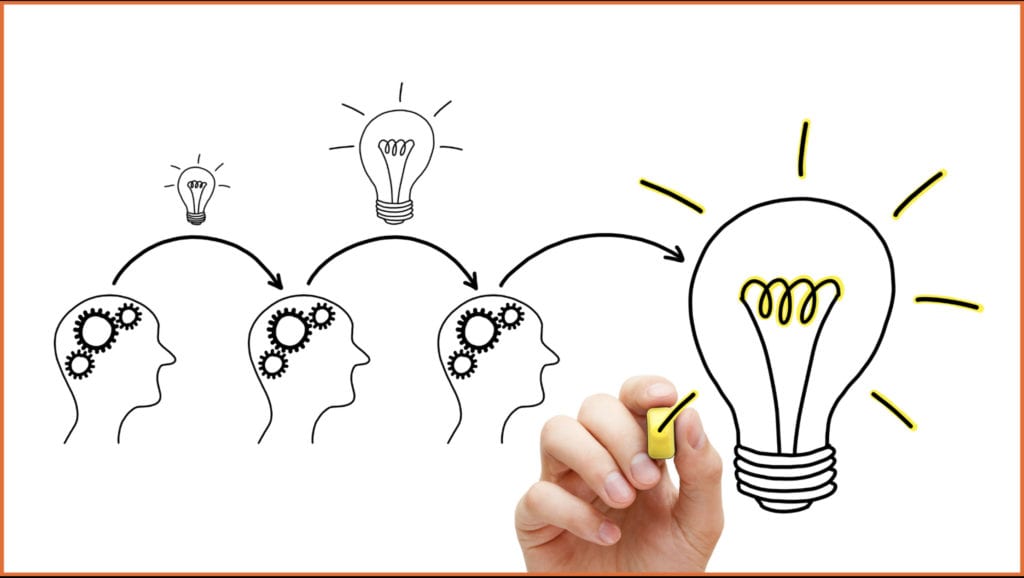
In one of my earlier assignments as a business head, we had a very passionate and driven employee Tanya (name changed).
As she moved into her new role as a Marketing Manager, we were very confident that she would be able to drive the marketing team hard and help the organisation get a competitive edge. However, three months into her new role, the marketing function was struggling with unprecedented internal issues. Her strength suddenly started looking like a weak point, where she got trapped into a “me vs team” situation, which got worse with time as she kept on pushing her views and ideas on the team in a very “my way or highway” approach.
We read the signs early. The HR head and I tried to hold meaningful dialogues with her, to help her understand the perspective of the team members. We even zeroed it down to the simple leadership trait of ‘active listening’ for her to embrace. This alone would have helped her co-create by taking the best of what the team members had to offer and what she had in her mind. But, to no avail. And even though she would agree that she needed to make some quick amendments to her own approach, no conclusive action seemed to be taken on her part. Her behavioural limitations ended up getting better of her.
This baffled me because even though she knew what was right and she agreed to improve,
why was she not able to do the same?

It was years later when I happen to come across the work of Robert Kegan on adult development, that I suddenly understood Tanya’s plight very clearly and empathized with her struggle. Consider this – a caterpillar is not meant to be caterpillar. It is meant to be a butterfly. But to become one, it must evolve from the caterpillar stage to the butterfly stage and unless that evolution happens, the caterpillar would remain a caterpillar and would not be able to fly.
Similarly, it turns out, there are different stages of professional development. At times we are not able to evolve from one stage to the next despite sincere commitment, intention, and hard work. We perhaps do not yet have the capacity, or the skill set to evolve ahead. This brings us to the question,
What indeed, are the four stages of development?
Stage I: The Imperial Mind
In the early stages of our career, we are always looking for directions from our managers. We are focused on “my thing” (perhaps to prove oursleves to the authority.) And, often see other people as mere obstacles and deal with them accordingly.
“What’s in it for me?” In the background, driving our actions. This unquestionable thrust to prove ourselves can prevent us from even considering other perspectives. We see only one right answer, one truth. We see things purely as black and white. While many people soon outgrow this stage, yet, some of us can find ourselves stuck, unable to evolve any further.
Stage II: The socialised mind

As we evolve into this next stage, we start recognising and acknowledging other people’s perspective with the same respect as our own. We are more attuned to other people’s goals, needs, preferences, and challenges. We are also open to “listening” to them. This allows for an effective collaboration.
The challenge in this stage is – we still care a lot about what others think of us, and that often drives us. This makes criticism, practically fatal to ur sense of worth and productivity. Thus, even though we are open to different perspectives, we find it difficult to handle competing views or conflict.
Stage III: The self-authoring mind
During this phase of my career, I would not speak up in meetings at all. I was given the feedforward to “assert” myself more. I would then put unreasonable pressure on myself and would often attempt to “be the voice of reason in the room.” But regardless of how hard I tried, I struggled with speaking up. Now I realise how I had not yet evolved into the stage of self-authoring mind. I had not constructed that for me yet.
This is a very important stage for a leader to evolve into. In this stage, you find your own inner voice. You develop a strong internal value system that guides you. You form your own intellectual compass. You are able to decide what you ought to do, irrespective of what others might say. Your self esteem is based on your own understanding of yourself and not entirely dependent on what others think of you. By now, you would had developed the ability to take a step back and introspect. This can help you accept criticism with an objective mind. Also, you are able to handle conflict efficiently, and even benefit from it.
Stage IV: The Self Transforming Mind

This is a highly evolved stage that very few are able to reach. A leader is now able to connect the dots better. Various seemingly opposing systems would make perfect sense and you can even leverage conflict better. You will start looking at conflict as an opportunity to arrive at a better solution.
So, now that we have known these stages, what do we do? The question that begs itself –
How does this help us to grow professionally?
First step is awareness. Think about which stage you are likely to be in. You might find yourself in one of these stages, or you might be in the in-between stages. Then reflect on where your struggle lies in.
- Which aspect of work you struggle in, despite trying hard to improve upon?
- What kind of feed-forward has been coming your way – is there a pattern to it?

If so, it is perhaps time for you to hang upside down from a twig like a caterpillar (metaphorically) and spin yourself into a silky cocoon of learning. Developing and practising the right critical skill set (for the stage you want to move to), within the protective casing of learning is the only way to move ahead. You can work to radically transform yourself, eventually emerging as a beautiful butterfly.
